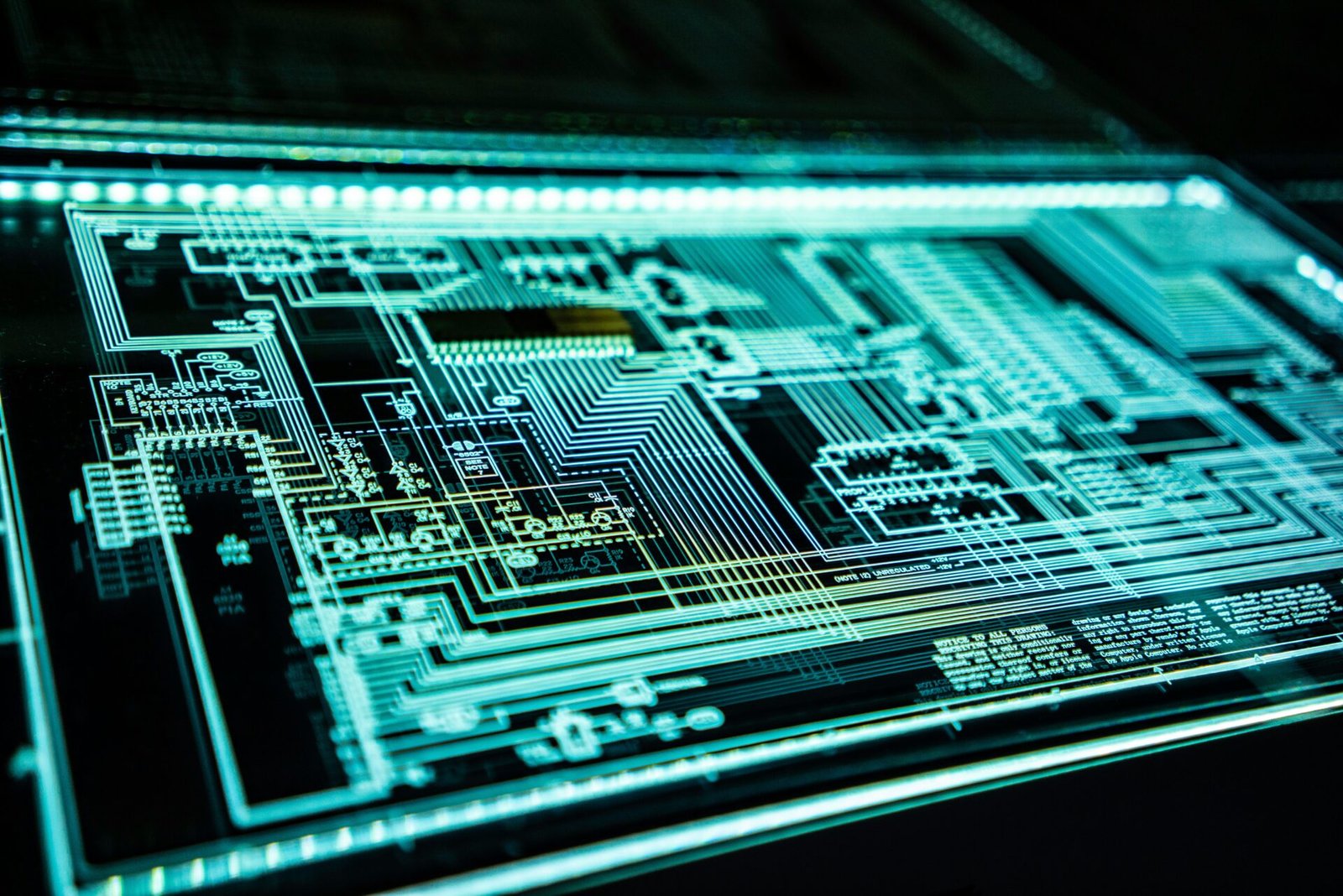by Jakob Staubmann
In the realm of cybersecurity, Pegasus has emerged as a highly sophisticated spyware developed by the NSO Group. This powerful tool can infiltrate smartphones, granting attackers access to a wealth of information without the user’s knowledge or permission.
Capabilities of Pegasus Spyware
Once installed on a device, Pegasus can activate the camera and microphone, allowing the attacker to conduct real-time surveillance. This invasion of privacy can have far-reaching consequences, as the spyware copies messages, views photos, videos, and other media stored on the device.
Furthermore, Pegasus can track the location of the infected device, potentially enabling the attacker to monitor the user’s movements. The spyware also records web searches, passwords, and social media posts, providing insight into the user’s online activities.
Call recording is another alarming feature of Pegasus, as it can record phone calls made and received on the compromised device. This capability exposes sensitive conversations to unauthorized individuals.
Additionally, Pegasus has the ability to harvest any data stored on the device, transmitting it back to the attacker. This data could include a wide range of personal information, posing a significant threat to the user’s privacy and security.
Methods of Infection
Pegasus can be installed on smartphones through various means, exploiting vulnerabilities in the device’s operating system. In some cases, the spyware can be deployed without the user even having to click on anything, making it a particularly insidious threat.
Another method of infection involves sending a simple text message containing malicious code. This tactic capitalizes on vulnerabilities in the smartphone’s messaging system, allowing the spyware to gain access to the device.
Furthermore, attackers may employ social engineering tactics to trick users into clicking on a malicious link or opening a malicious attachment. This highlights the importance of exercising caution when interacting with unknown messages or links to protect against potential attacks involving spyware like Pegasus.
Protecting Against Pegasus and Similar Spyware
Given the sophisticated nature of Pegasus and its potential impact on personal privacy and security, it is crucial for users to take proactive measures to protect their devices.
First and foremost, keeping devices updated with the latest security patches is essential. Regular updates often include fixes for vulnerabilities that could be exploited by spyware like Pegasus.
Additionally, users should exercise caution when interacting with unknown messages or links. Avoid clicking on suspicious links or opening attachments from untrusted sources, as these could potentially lead to the installation of spyware.
Furthermore, it is advisable to use reputable antivirus software on smartphones to provide an additional layer of protection against spyware and other malicious threats.
Lastly, maintaining awareness of the evolving landscape of cybersecurity threats is crucial. Staying informed about the latest spyware developments and best practices for protection can help users stay one step ahead of potential attacks.
Conclusion
Pegasus represents a highly sophisticated spyware that poses a significant threat to smartphone users. Its invasive capabilities, including real-time surveillance, data harvesting, and call recording, highlight the importance of taking proactive steps to safeguard personal privacy and security.
By staying vigilant, keeping devices updated, and exercising caution when interacting with unknown messages or links, users can better protect themselves against potential attacks involving spyware like Pegasus.
































